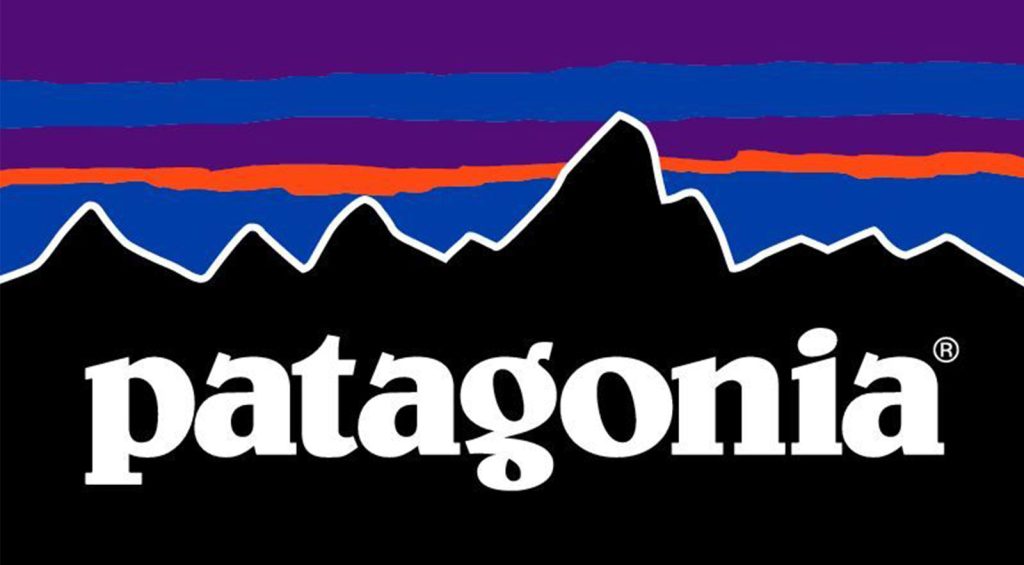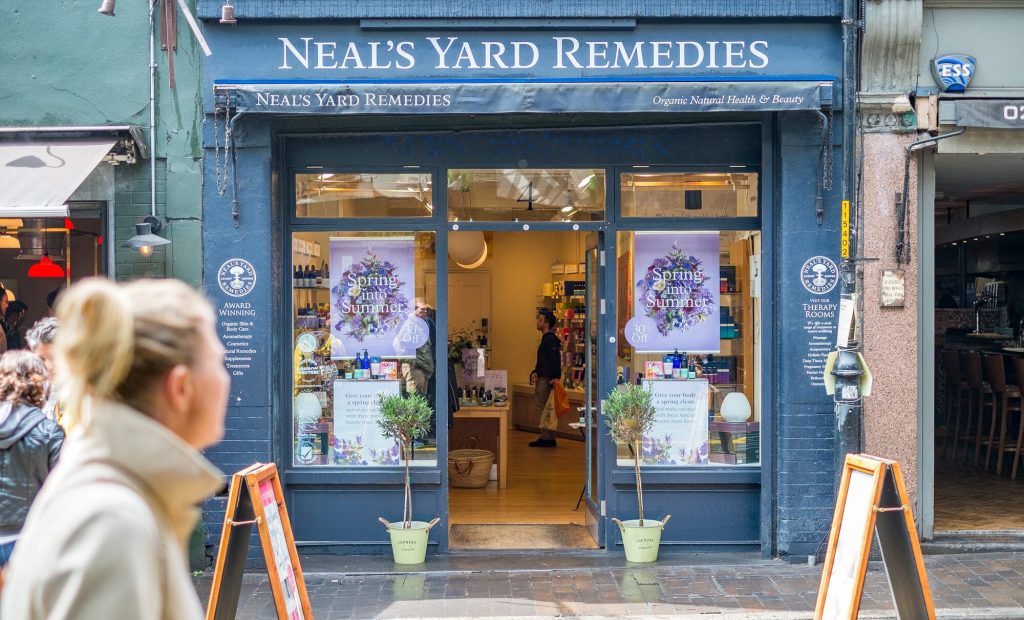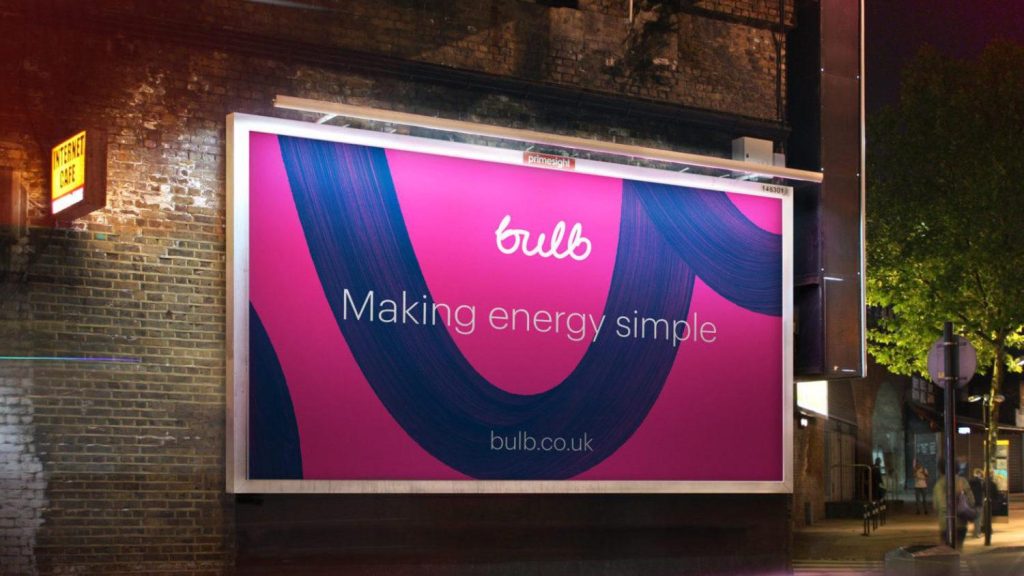Going green: the difference between green marketing and greenwashing
With consumers around the world becoming more conscious of environmental issues than ever before, it’s no surprise that brands are going the extra mile to market their products as sustainable, eco-friendly and “green”.
While it’s so important to find ways to make your products more environmentally friendly, it’s also vital that you make sure you market them in a way that is honest, ethical and clear so that you don’t confuse or mislead your customers.
Don’t get us wrong – if you’re genuinely engaging with sustainable policies and practices, then we think you should shout it from the rooftops! But you should also know the difference between green marketing and greenwashing before you get started.
What is green marketing?
Millennial and Gen Z audiences in particular are demanding companies take more responsibility with regards to their impact on the planet. This means that if you want to target these generations with your products, you’ll need to show them what you’re doing to help the environment.
Green marketing is a great way to highlight the environmental benefits of your products. Whether it’s through the wording used on your packaging, a big advertising campaign, or a blog that promotes the sustainable aspects of your company – there are lots of ways to incorporate green marketing into your strategy.
Here are some of our favourite examples of authentic businesses doing green marketing right.
Patagonia

“We’re in business to save our home planet.”
Patagonia is an iconic outdoor clothing and equipment company, that has successfully integrated sustainability activism into its DNA. Using its resources, influence and community, the brand puts its money where its mouth is when it comes to green marketing.
Making a transparent effort to lower emissions and waste, improve recycling, raise standards, increase workers’ rights and wages, donate time, services and money to environmental causes, and constantly strive for improvement – Patagonia ticks a lot of boxes to prove it cares more about protecting the environment than turning a profit.
Neal’s Yard Remedies

“We do good so you can feel good and look good naturally.”
Pioneers in natural and organic skincare, Neal’s Yard Remedies is another brand who seem to be committed to doing good and creating products in a sustainable and ethical way.
With a list of commitments as long as your arm, this beauty company sets itself apart from the rest of the industry by actively working with multiple organisations to tackle climate change, utilise renewable energy, support organic farmers, protect the bees and move towards a circular economy.
They don’t just slap the word “organic” onto their bottles, they’re open and honest about their efforts while still acknowledging they might not be perfect yet.
Bulb

“The best kind of energy.”
The UK’s biggest green energy supplier, Bulb has a really helpful page on their website which explains the benefits of renewable energy in a clear and understandable way. They stay clear of confusing jargon and pointless fluffy language, instead choosing to provide their customers with the simple facts.
With verification and accreditation schemes aplenty, you can easily learn more about where your energy is really coming from, helping to minimise the traditionally complicated and unknown nature of this industry.
What is greenwashing?
If you work in the corporate world, you might have heard of the term whitewashing before. It’s defined as the deliberate attempt to conceal unpleasant or incriminating facts. Greenwashing is effectively a play on this word.
Due to the growing demand of environmentally friendly products, some companies, either knowingly or not, may use misleading (or just downright wrong) information to convey a false public image of their environmental responsibility. This is greenwashing.
Any attempt to capitalise on the growing demand by using incorrect or dishonest information is obviously extremely unethical, and with more people doing more research into the background of the companies they spend their money with – you’ll soon be caught out if this is your strategy.
Whether you’re openly lying about your “greenness”, slightly over-exaggerating your claims, or just using vague and unclear terminology – you could be accused of greenwashing.
How can you avoid greenwashing?
There are several steps you can take to make sure you’re not greenwashing your marketing efforts.
Tell the truth
Seems obvious, but when creating your green marketing assets (as with any marketing assets) it’s vital that you tell the truth, and don’t exaggerate any claims. Being open and honest about your sustainability efforts will be appreciated by your consumers.
Provide legitimate proof
When making claims about your products or services, you should always back them up with evidence. Whether this is accreditations from officials, photo and video evidence from behind the scenes, or other forms of proof. The more verification you can get, the more substantial your claims will be.
Be clear, not vague
Finally, don’t just use words like “organic”, “natural”, and “eco-friendly” when green marketing your products. When used without explanation or evidence, these terms become meaningless. Make sure you are very clear about what exactly makes your business sustainable.
If your brand is committed to environmental causes, and you’d like some help making an impact with your green marketing, give us a shout. We’re passionate about all things sustainable here at Wildish & Co, and we’d love to help you create your next campaign.
This is too many words. I would like to leave
↙ Back to ThoughtsThe 12 Best Creative Agencies Every Brand Should Know in 2025
The 12 Best Creative Agencies Every Brand Should Know in 2025 Finding the right creative agency can make or break a brand. The best agencies do more than deliver visuals—they translate ambition into clarity, tell stories that stick, and create work that resonates in a crowded world. But the challenge? There are thousands of studios … The 12 Best Creative Agencies Every Brand Should Know in 2025
Good rebrands start in Figma. Great ones start in the room.
When brands come to us asking for a new rebrand, they typically want a brand mark, colour palette, typography and motion design, as well as a handful of marketing templates. What we give them is a 3-4 month collaboration that involves a lot of upfront groundwork: talking, research, thinking, asking and listening. When we meet … Good rebrands start in Figma. Great ones start in the room.
This is too many words. I would like to leave
↙ Back to ThoughtsThe 12 Best Creative Agencies Every Brand Should Know in 2025
The 12 Best Creative Agencies Every Brand Should Know in 2025 Finding the right creative agency can make or break a brand. The best agencies do more than deliver visuals—they translate ambition into clarity, tell stories that stick, and create work that resonates in a crowded world. But the challenge? There are thousands of studios … The 12 Best Creative Agencies Every Brand Should Know in 2025
Good rebrands start in Figma. Great ones start in the room.
When brands come to us asking for a new rebrand, they typically want a brand mark, colour palette, typography and motion design, as well as a handful of marketing templates. What we give them is a 3-4 month collaboration that involves a lot of upfront groundwork: talking, research, thinking, asking and listening. When we meet … Good rebrands start in Figma. Great ones start in the room.